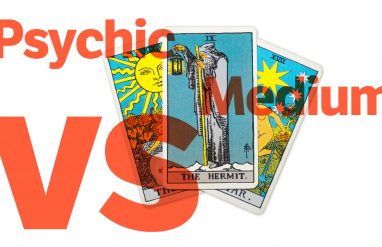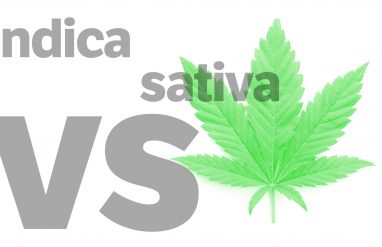We love to talk about and compare the price of things. Maybe you remember the price of your favorite candy bar when you were a kid versus what its price is now. Or maybe you’ve had to take a good look at the cost of living in an expensive city. You’ve asked yourself, is it worth it? Can you afford it? When we start a new hobby or take a trip, we usually have to evaluate its price as well.
So in these examples, is it the price or cost of our needs and wants that worries us? Are these words synonyms? Let’s take a closer look.
What does cost mean?
When used as a noun, cost is defined as “the price paid to acquire, produce, accomplish, or maintain anything.” It can also mean “an outlay or expenditure of money, time, labor, trouble.”
For example:
- Given her meager paycheck as a waitress, she couldn’t afford the high cost of living in New York City.
- While shopping around that day, they realized the cost of a new car would be much more than they anticipated.
First recorded between 1200–50, cost is derived from the Latin word constāre (“to stand together, be settled, cost”). Synonyms for cost include charge, expense, and expenditure.
What does price mean?
Price as a noun is defined as “the sum or amount of money or its equivalent for which anything is bought, sold, or offered for sale.” It can also refer to the amount offered to capture a person dead—or alive (as in, In her favorite western, the cowboys put an impressive price on the main character’s head and the entire town tried to capture him).
Price was first recorded around 1175–1225 and derives (as a noun) from the Latin word pretium (“price, value, worth”), just like the word precious. Synonyms for price include amount, cost, expenditure, expense, and pay.
When cost and price refer to an amount we pay for something, they are virtually interchangeable. For example, the phrase the total cost is $27 is the same as the total price is $27. You can also say, we couldn’t afford the cost of a new car or the price of a new car.
Price and cost as verbs
As verbs, cost and price do not function the same, however. If we say, “The toy costs $10,” we can all understand this sentence. If we say, “The toy prices $10,” we do not.
Price as a verb means “to fix the price of” or “to ask or determine the price of.” You can use it like so: Before buying a new car, he spent the day pricing different models.
Cost vs. price in accounting
Now, cost and price also have distinct meanings in terms of accounting and financial analysis. So in these formal uses, it’s best to be careful with these words.
Cost refers to “the expense incurred for making a product or service that is sold by a company,” according to Investopedia. “The cost of producing a product has a direct impact on both the price of the product and the profit earned from its sale.”
So cost is a measure of what the company or business spent to produce a product before it can be sold.
Price, on the other hand, is what the customer is willing to pay for a product or service. To make a profit, you’d want your price to be higher than your cost.
For example:
- Before deciding the price for each of the blankets, grandma first had to calculate the cost to make each one.
- Grandma was able to successfully sell her blankets at a higher price than the scarfs because they require more work and material.
Cost and price have metaphorical senses
When it comes to the emotional price or the emotional cost of something, word choice matters here, too. Cost can imply a loss or suffering, burden, or work. For example: The emotional cost of scheduling so many daily meetings on Zoom was too high.
However, price suggests a sacrifice you have to make. For example: The victory against the Eagles came at a heavy price, as the goalie suffered a knee injury.
Cost and price have a variety of uses; learn more different senses for them in our Dictionary.com entries.
If rising prices all around tend to make you anxious, take a deep breath. Better to read about the difference between panic attacks and anxiety attacks than to have one.
Or learn the difference between another set of commonly confused words: weather and climate.
WATCH: What Is The Difference Between "Weather" vs. "Climate"?














